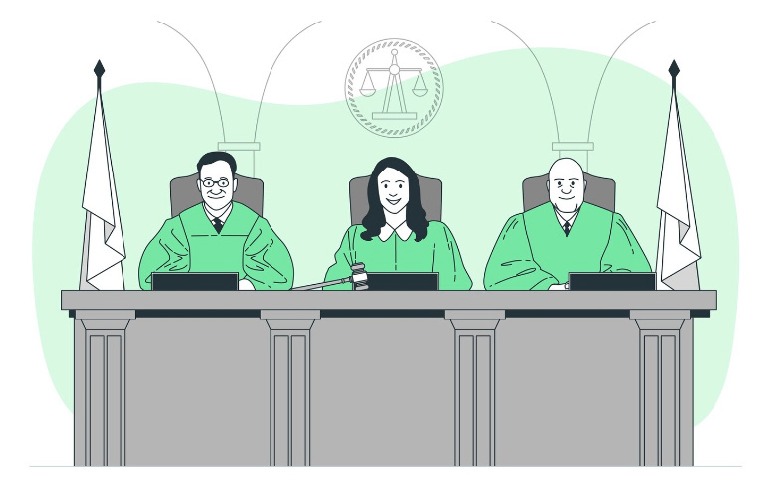Introduction
In August 2024, the Supreme Court of Nigeria introduced the Supreme Court Rules 2024 (the “New Rules”), replacing the 1985 Rules. These updates incorporate key innovations to enhance efficiency, align with global trends, and modernize judicial procedures at Nigeria’s apex court. The new framework aims to streamline litigation, ensuring a more seamless judicial process for litigants and legal practitioners alike.
Key Innovations Under the New Rules
The New Rules provide a structured framework designed to reduce delays, improve efficiency, and promote modern legal practices:
- Clarified Definitions: The introduction of new legal terms—such as “Applicant,” “Virtual Hearing,” and “Electronic Device”—ensures clarity and alignment with contemporary practices.
- Abridged Timeline for Compilation and Transmission of Records of Appeal: The new Rules have shortened the timeline for compiling and transmitting records of appeal from six (6) months to three (3) months. However, if the Registrar of the Court of Appeal fails to meet this deadline, the appellant must take over the responsibility by compiling and transmitting the records to the Supreme Court. This change aims to accelerate the appeal process and reduce delays.
- Streamlined Application Timelines: With definitive timelines in place, Respondents now have fourteen (14) days to respond to motions, while Appellants must reply within seven (7) days. These timelines are designed to accelerate the litigation process and prevent delays.
- Page Limits for Submissions: Submissions must now be concise: written addresses are capped at ten (10) pages and replies on points of law limited to five (5) pages. This encourages focused and effective arguments.
- Non-Contentious Applications in Chambers: Non-contentious applications, if uncontested within twenty-one (21) days, can now be decided by a single justice of the Supreme Court. This helps reserve judicial resources for more complex cases.
- Electronic Records and Extended Registry Hours: The New Rules formally recognize both digital and physical records, ensuring technology plays a central role in case management. The Court’s Registry also extends its operating hours to 4:00 PM to facilitate timely filings.
- Mandatory Proof of Payment for Appeals: Appellants must provide proof of payment for sums ordered by lower courts—such as damages or costs—within 21 days of filing their Notice of Appeal. This requirement discourages frivolous cases and ensures financial obligations are met early.
- Virtual Hearings: The New Rules embrace the use of virtual hearings, allowing remote sessions to improve access to justice and reduce logistical challenges.
- E-Filing and Case Management Systems: The New Rules introduce e-filing through the NCMS E-Filing portal. Once operational, the system will become mandatory, making the submission of legal documents more efficient. Additionally, the Case Scheduling and Management System (CSMS) aims to optimize case handling, with the Chief Justice empowered to issue directions to ensure seamless implementation.
Conclusion: A New Era of Judicial Efficiency
The Supreme Court Rules 2024 mark a significant leap toward modernizing Nigeria’s judicial system. From virtual hearings to e-filing and stricter timelines, these reforms position the Supreme Court to meet evolving legal needs more effectively. However, timely issuance of practice directions by the Chief Justice will be essential to realizing the full benefits of these reforms.
At SimmonsCooper Partners, we are committed to guiding clients through these changes in the litigation landscape. For expert advice on how the New Rules may affect your legal matters, please contact us at info@scp-law.com or visit www.scp-law.com.





